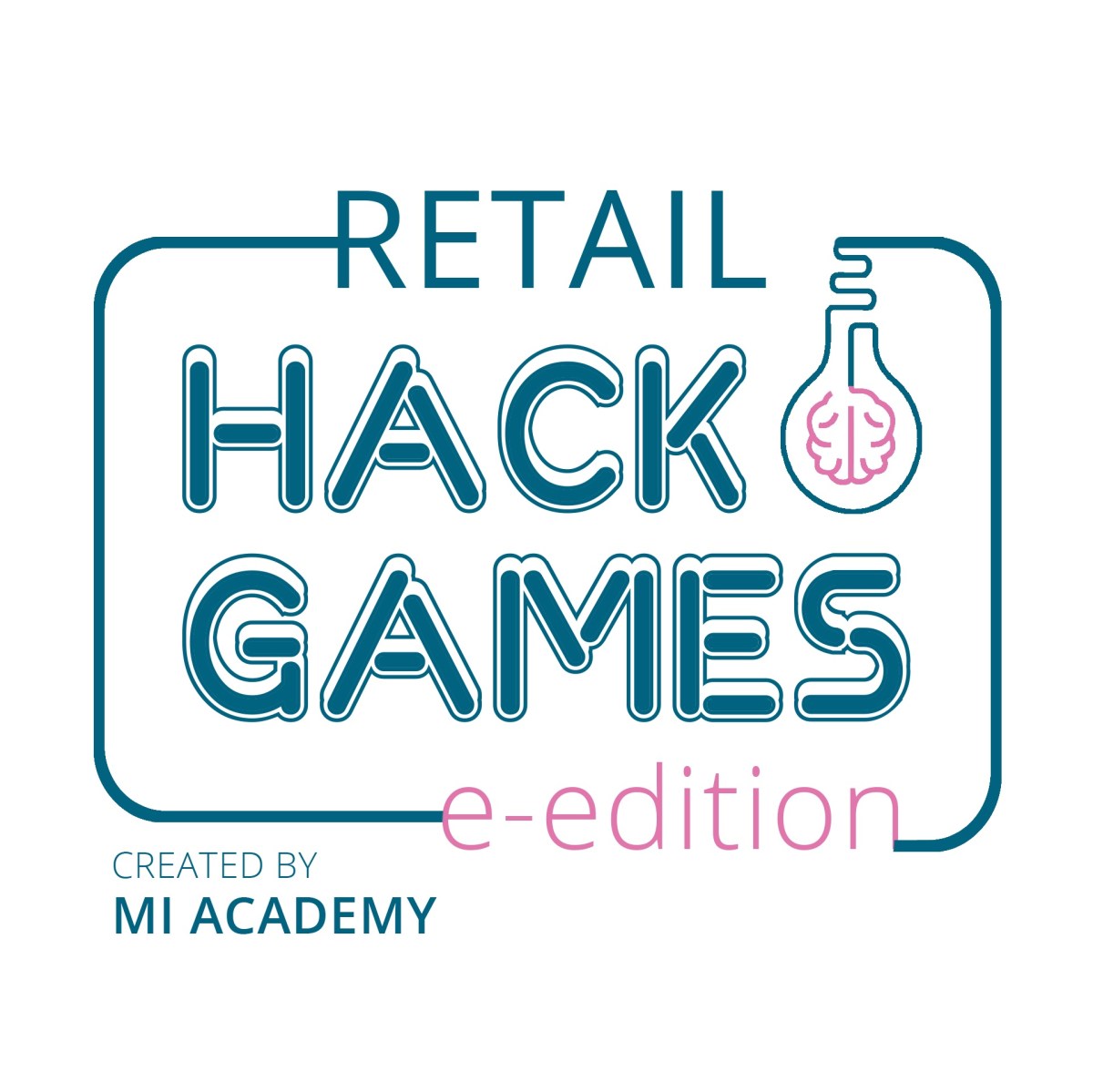MI Academy recently hosted an all-digital event, the Retail Hack Games, bringing together 50 professionals from the Australian retail industry from CEOs and managing directors to ecommerce, finance, product, sales and marketing specialists, to find solutions for some of the industry’s biggest issues.
The 50 participants were split into five teams representing the five event sponsors: Klarna, Deloitte Digital, dotdigital, CouriersPlease and Shopify Plus.
Following the event, shopping service and payments provider, Klarna, released a whitepaper looking at big and bold ideas for how Australian retailers can regain existing customers and establish new markets. There were four key insights generated from the ideas created at the Retail Hack Games:
- Expect an even greater focus on customer experience
Three pitches at the Retail Hack Games featured concierge services, which shows the ongoing appeal of personalised retail experiences. These one-to-one concepts are not just for digitally savvy customers; e-commerce businesses could find this approach makes it easier to reach older shoppers who have struggled to engage and commit to retail offerings online.
The COVID-19 isolation period saw a sharp rise in e-commerce customers. Some were trying it for the first time and will continue to buy online with confidence. Retailers now need to offer customers ways to research, browse and order products as easily as possible.
- Retail collaborations will become increasingly important
The WantSeeShop fulfilment concept created by Team Klarna is the perfect example of how small- and medium-sized retail businesses can create synergies that offer cost and speed benefits and greater customer reach.
When like-minded businesses collaborate, they can compete with larger outlets on price while potentially offering the advantages of being ‘small’, particularly if they promise superior personalised service.
As e-commerce continues to grab a greater share of Australia’s retail pie, getting fulfilment and logistics settings right will be crucial for future success.
- Mixing retail stores with intelligent technology
As retailers find ways to harness big data, artificial intelligence (AI) will continue to be an essential tool in understanding the needs of their customers. But this knowledge doesn’t just apply to the digital space – bricks-and-mortar retailers can also benefit by offering customers personalised AI-driven buyer suggestions while in-store.
While many customers have bought online for the first time over recent months, some still enjoy
the human touch. Others simply don’t trust online channels to complete purchases. ShopAssist, which matches an AI-driven shopping concierge with 24-hour helpdesk, allows older shopers to receive personalised buying recommendations and speak to a dedicated consultant.
- Never underestimate the power of people
The winning pitch, Team Deloitte Digital’s ‘Steve’, illustrates how technology can help retailers and skilled retail workers find each other in a way that offers maximum flexibility and security. But technology is just the enabler here: the core of the idea is matching skilled and job-ready professionals who can work online and offline with retailers when demand is highest. This idea helps retailers find workers with the right capabilities who can be deployed in the right place at the right time.
Retailers will almost certainly require more employee flexibility in the future. Take the example of the mobile retail assistants bringing the shopping experience to buyers’ homes. Businesses will increasingly see the advantages of tapping into retail specialists who are enjoying the benefits of working in the gig economy.

